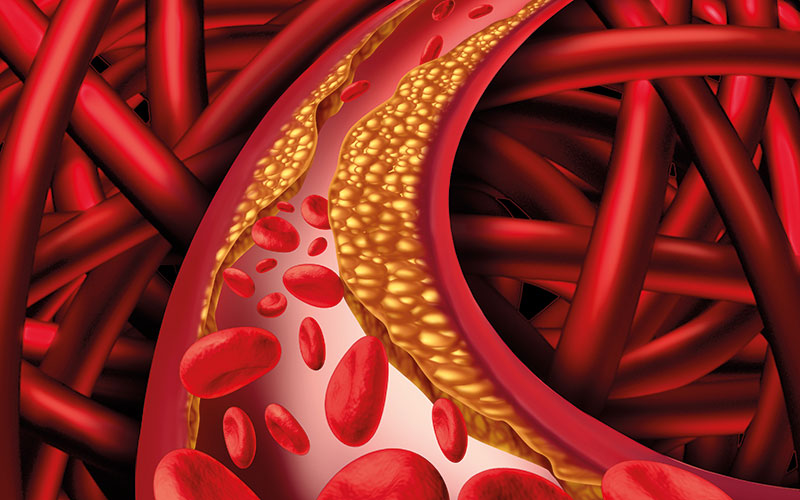Scientists at Scripps Research claim they have developed molecules that can remodel the bacterial population of intestines to a healthier state.

The results of their experiments on mice indicate they can reduce cholesterol levels and strongly inhibit the thickened-artery condition atherosclerosis.
The scientists created a set of molecules called peptides that can slow the growth of less-desirable species of gut bacteria. In mice that develop high cholesterol and atherosclerosis from a high-fat diet, the peptides beneficially shifted the balance of species in the gut microbiome.
This shift reduced cholesterol levels and dramatically slowed the buildup of fatty deposits in arteries – symptoms that are the hallmarks of atherosclerosis.



